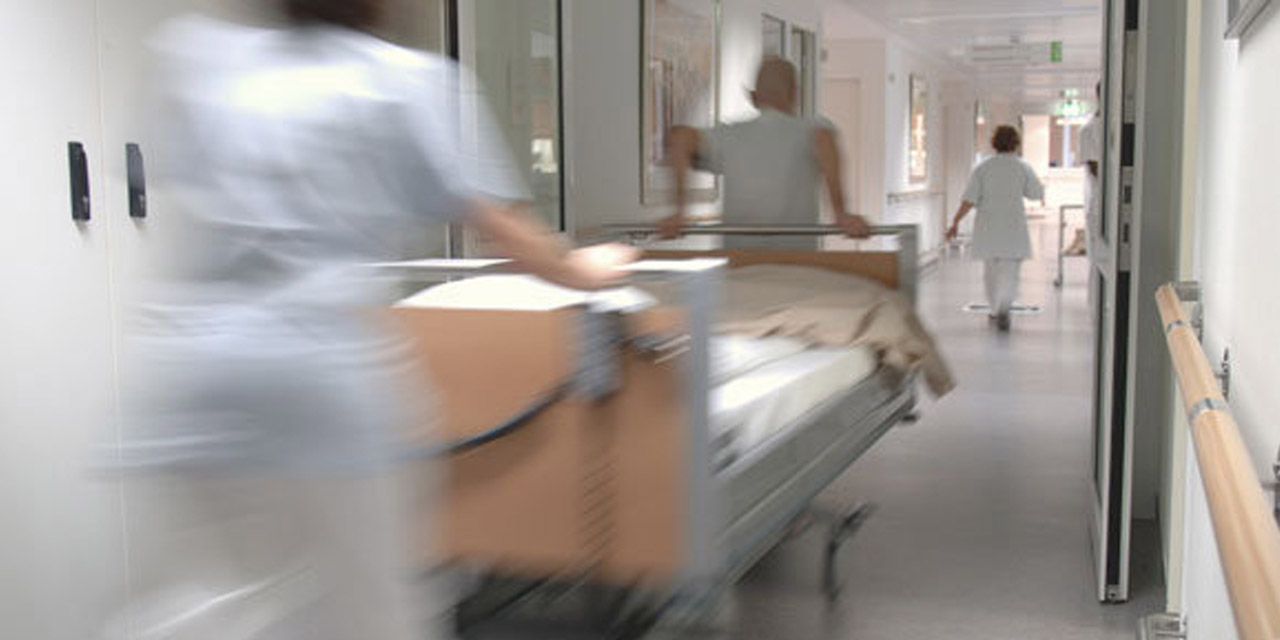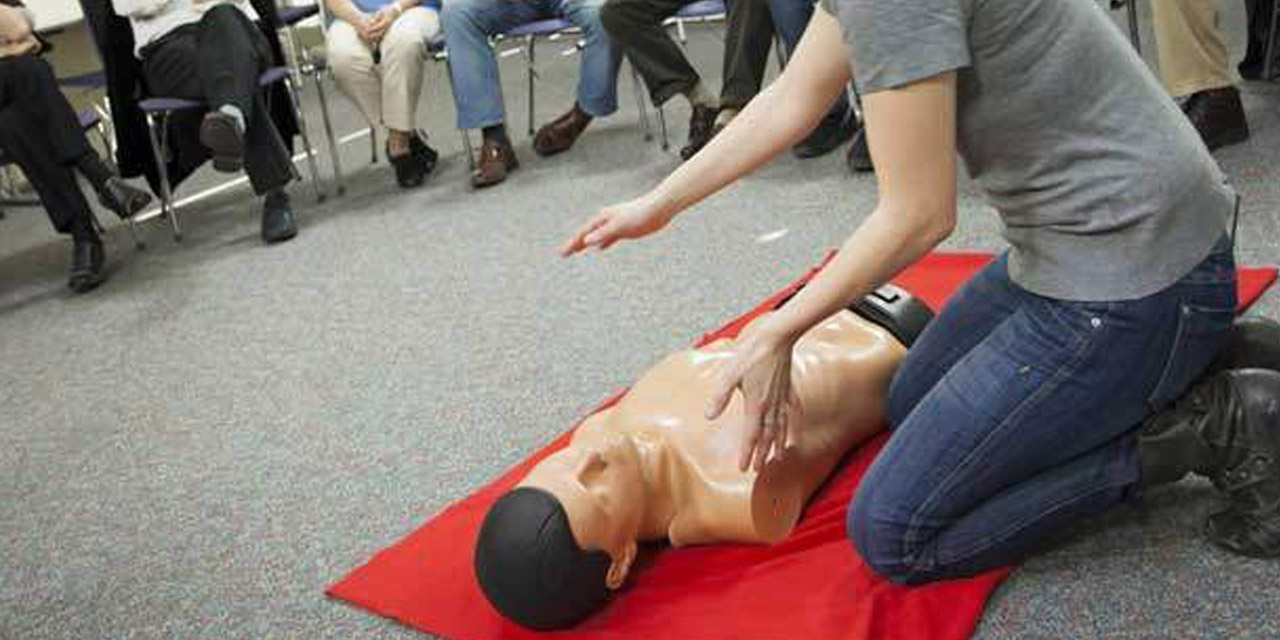Our “Understanding Respiratory Care” course is meticulously designed to provide healthcare professionals with a comprehensive understanding of respiratory health and management.
This course focuses on equipping participants with the knowledge and skills necessary to assess, diagnose, and provide effective care for individuals with respiratory conditions. By covering a range of topics related to respiratory anatomy, physiology, assessment, interventions, and disease management, this course aims to enhance the quality of care delivered to patients with respiratory issues.
Completion of this course can help enhance a healthcare professional’s skillset to provide more opportunity for career development and help them provide better quality care.
During our course, participants will:
After the course is completed, participants will be able to:
Participant comprehension and skills will be assessed through:
Once the assessment has been passed, the participant will be awarded a certification of achievement in “Understanding Respiratory Care”.













